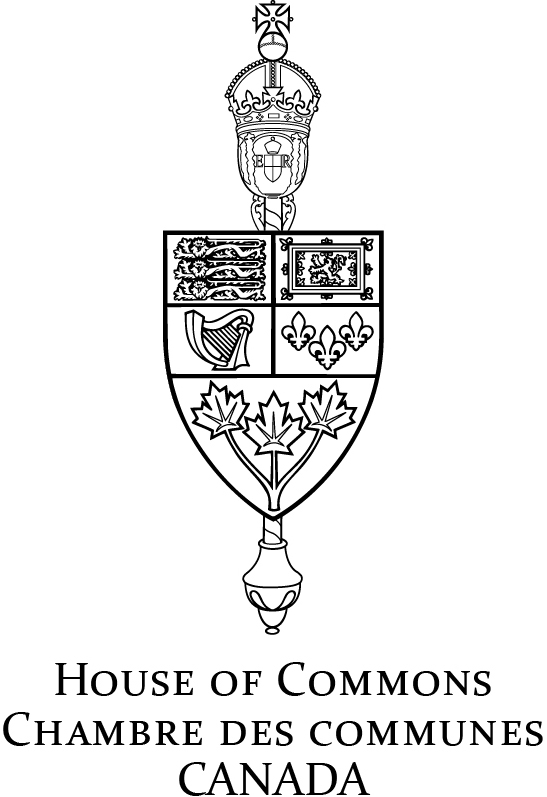FAAE Committee News Release
If you have any questions or comments regarding the accessibility of this publication, please contact us at accessible@parl.gc.ca.
Standing Committee on Foreign Affairs and International Development |  | Comité permanent des affaires étrangères et du développement international |
For immediate release
NEWS RELEASE
Committee Report on Canada's Sanctions
Ottawa, February 2, 2024 -
On Wednesday, January 31, 2024, the Standing Committee on Foreign Affairs and International Development presented a report to the House of Commons entitled, Canada’s Sanctions Regime: Transparency, Accountability and Effectiveness.
The report makes recommendations to strengthen the administration, governance, resourcing, multilateral coordination, and effectiveness of the regime under which Canada imposes sanctions on its own (i.e., autonomously) or in concert with its like-minded partners. The report also examines the coherence and consistency of Canada’s legislative framework.
The necessity and urgency of these steps became clear to the committee during its study. Sanctions have become a primary tool of Canadian foreign policy. When the committee finalized its report, sanctions had been imposed under the Special Economic Measures Act in relation to 16 states, and there were 4,046 individuals and entities listed on the Consolidated Canadian Autonomous Sanctions List. This reflects a major expansion in the use of sanctions in comparison to previous years. Sanctions measures have also become increasingly complex, with specific goods, technologies, and services being restricted and prohibited for individual countries.
Canada’s sanctions regime is determined by the government, but it is the private and non-profit sectors that are responsible for compliance. To enhance transparency and compliance, the committee is calling for detailed explanations to be provided to the public, including specific rationales when individuals and entities are listed under Canada’s autonomous sanctions regulations. The committee is also urging the government to publish more detailed written guidance on its sanctions legislation and regulations, while instituting service standards for permit applications. To lessen any unintended consequences from Canada’s sanctions, the committee wants the government to adopt clear, consistent, and comprehensive humanitarian carve-outs.
An effective sanctions regime requires a strong legislative framework, significant resources, and robust machinery of government. As part of the expanded budgetary and training resources it is recommending, the committee is specifically calling on the government to further strengthen the capacity of the RCMP and CBSA to enforce Canada’s sanctions regime. Furthermore, the committee believes the government should conduct a comprehensive review of the departmental and agency mandates, authorities, coordination mechanisms and reporting relationships supporting its sanctions regime, and publish the results. In so doing, the committee wants the government to consider the structures, systems and legislative frameworks used by Canada’s allies. The committee is also calling on the government to present an annual report to Parliament on its autonomous sanctions.
The full report – and its 23 recommendations – may be read on the Committee’s website.
|